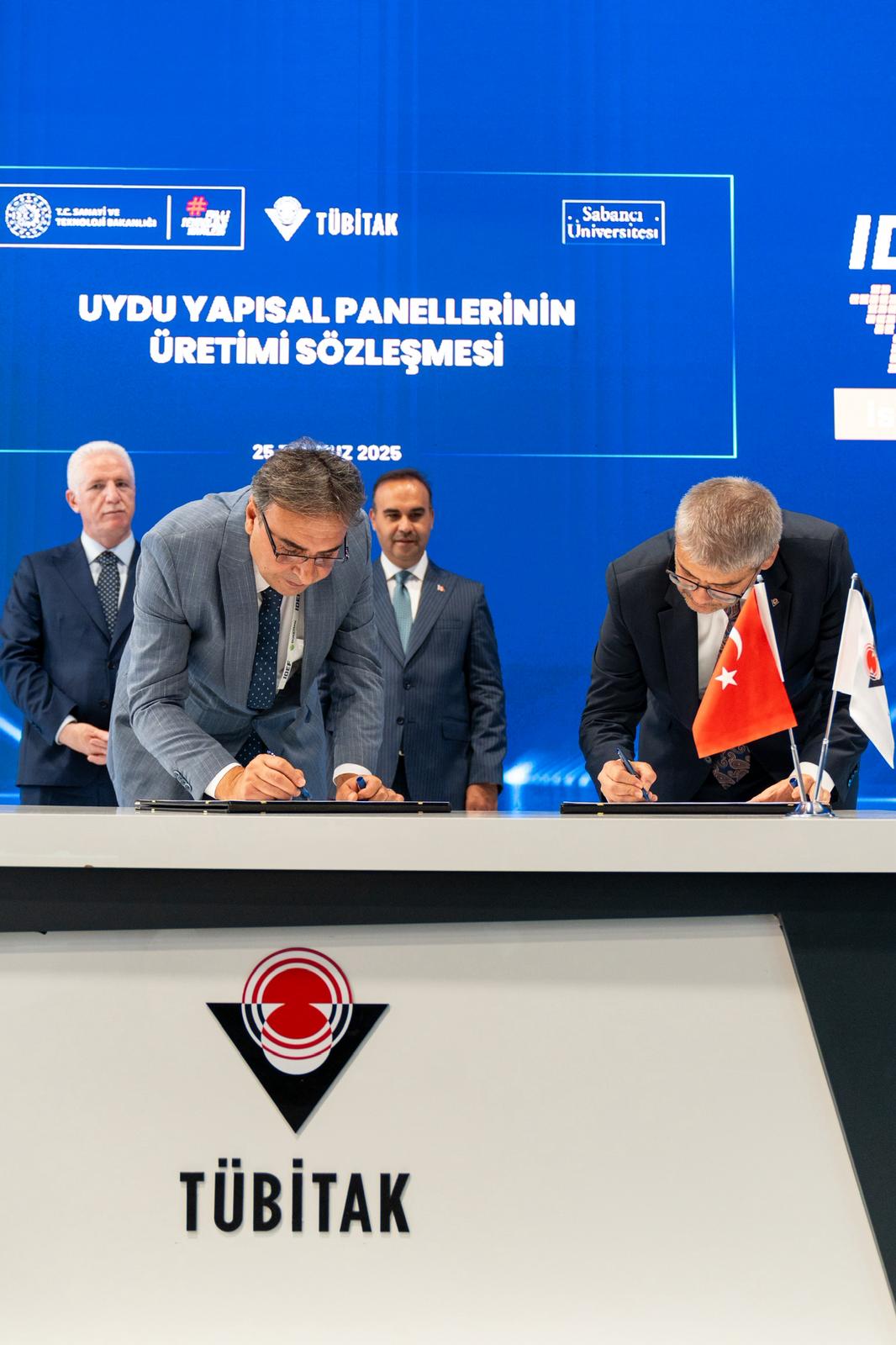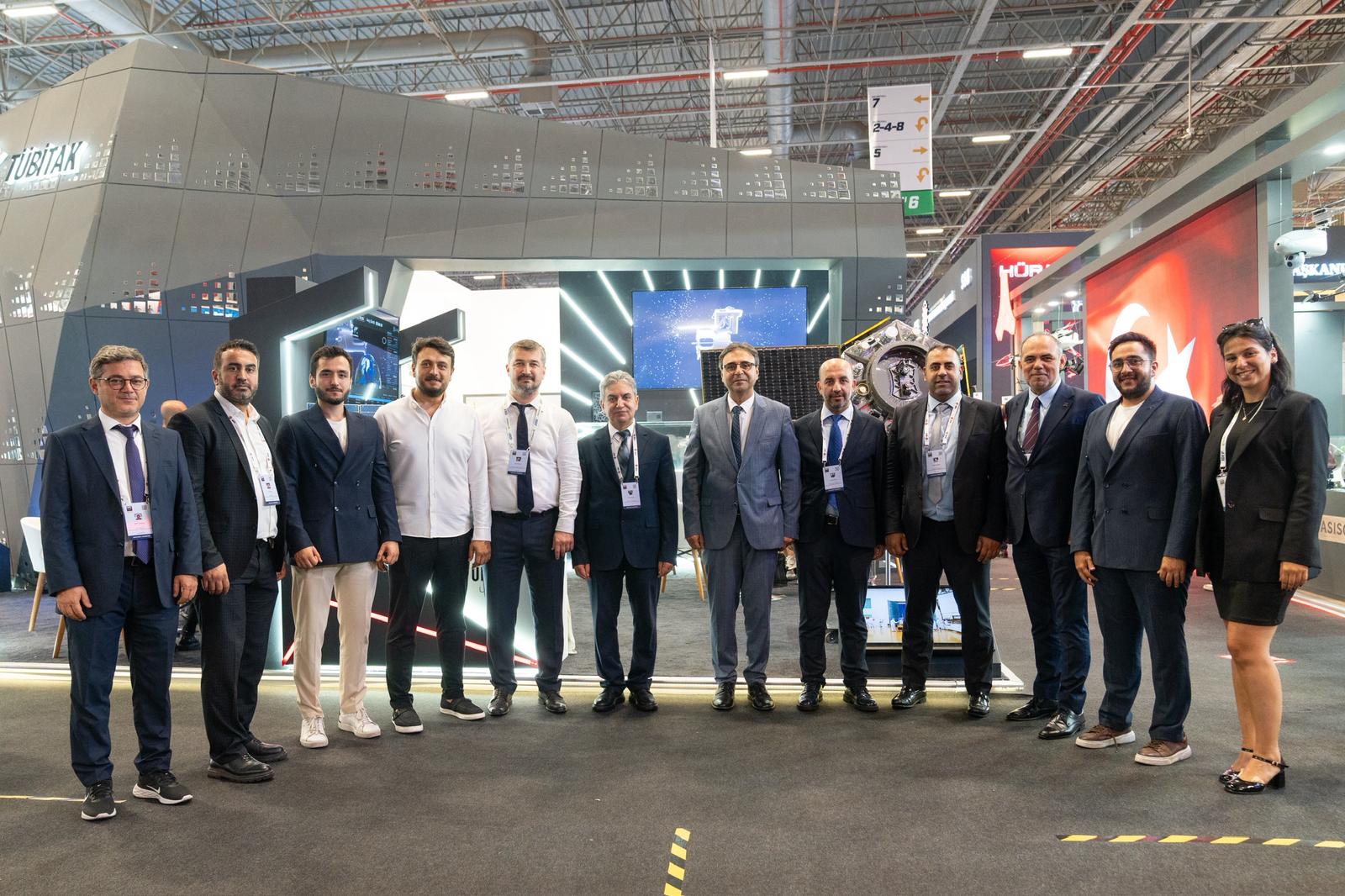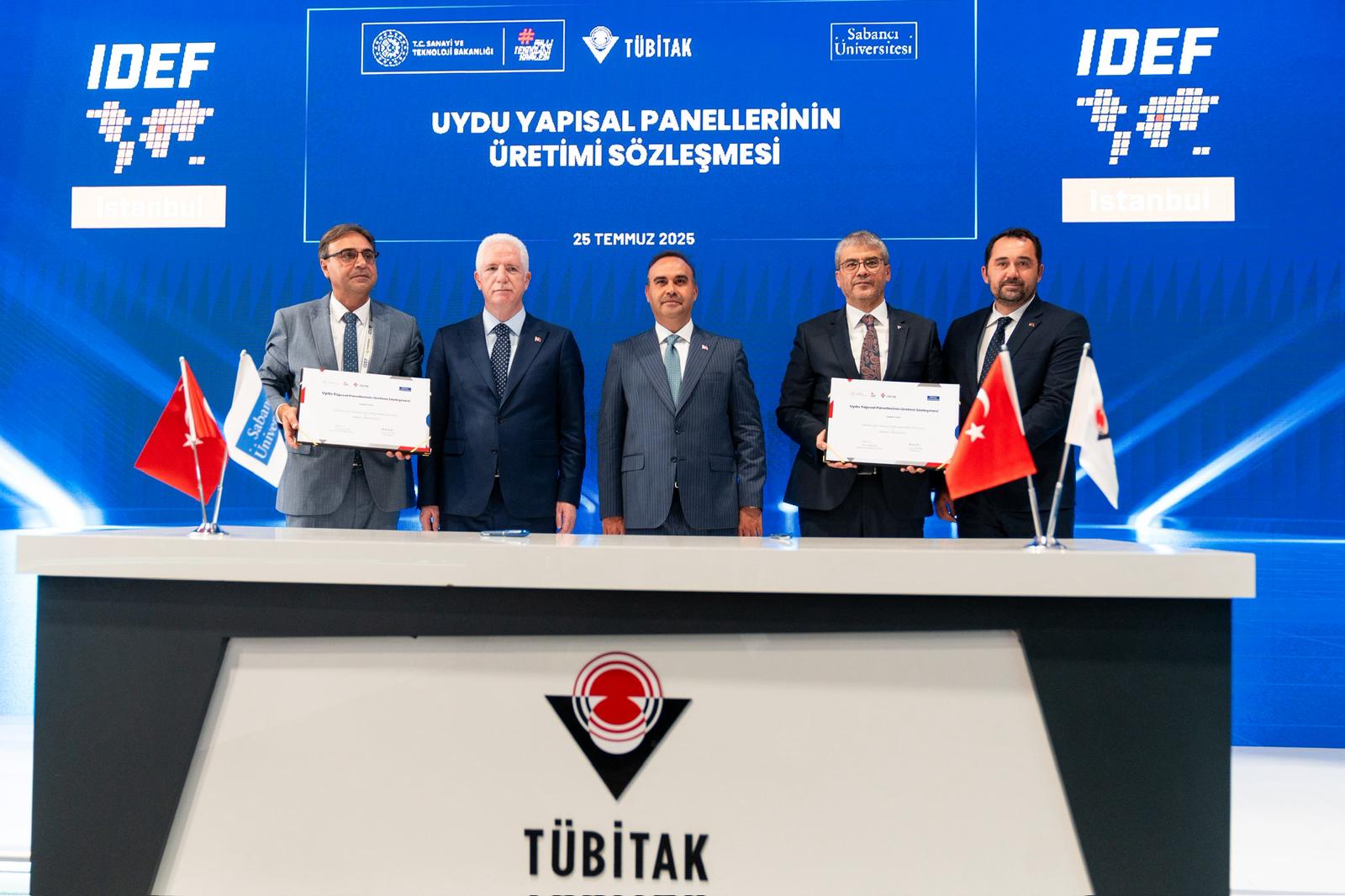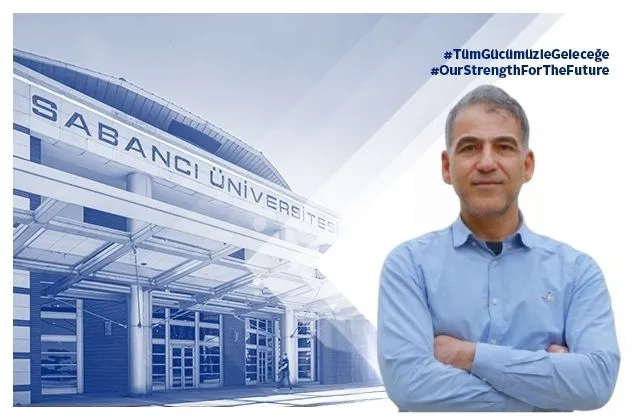31/07/2025
Inovent, Sabancı University's technology transfer company, has signed a collaboration agreement with TÜBİTAK UZAY for the production of structural panels for next-generation observation satellites as part of the Satellite Constellation Development Project (TUGEP). The project, to be conducted by SU-IMC, will last approximately 20 months.

Inovent A.Ş., a technology transfer company established by Sabancı University, and the TÜBİTAK Space Technologies Research Institute have signed a contract for the production of satellite structural panels as part of the Satellite Constellation Development Project (TUGEP). The signing ceremony, held as part of the IDEF 2025 International Defense Industry Fair, was attended by Minister of Industry and Technology Mehmet Fatih Kacır, Istanbul Governor Davut Gül, TÜBİTAK President Prof. Dr. Orhan Aydın, and TÜBİTAK Space Technologies Research Institute Director Mehmet Nefes. Mehmet Yıldız, Vice President for Research at Sabancı University, who signed the protocol on behalf of Sabancı University Inovent, stated, “This strategic partnership supports Turkey's goal of providing domestically developed space platforms. SU-IMC's competence in analysis and advanced manufacturing technologies, along with TÜBİTAK UZAY's expertise in design integration, will enable the high-technology production of TUGEP's critical components. We expect this partnership to lay a strong foundation for future university-government-industry collaborations within the national space ecosystem.”

Domestic manufacturing capabilities will be utilized to meet the requirements for space-grade components.
According to the agreement, the project, expected to last approximately 20 months, will be conducted by TÜBİTAK UZAY and Sabancı University's Integrated Manufacturing Technologies Research and Application Center (SU-IMC). SU-IMC will manufacture the structural panels to be used in the next-generation observation satellites designed by TÜBİTAK UZAY. The structural panels must be lightweight, possess superior mechanical properties, and be made from high-quality materials to ensure the equipment operates smoothly throughout the satellite's lifespan in the space environment. These panels will carry a portion of the load on the satellite's structure and also protect electronic equipment and thermal control hardware from external influences. The collaboration aims to leverage domestic manufacturing capabilities to meet the stringent requirements of space-grade components.




